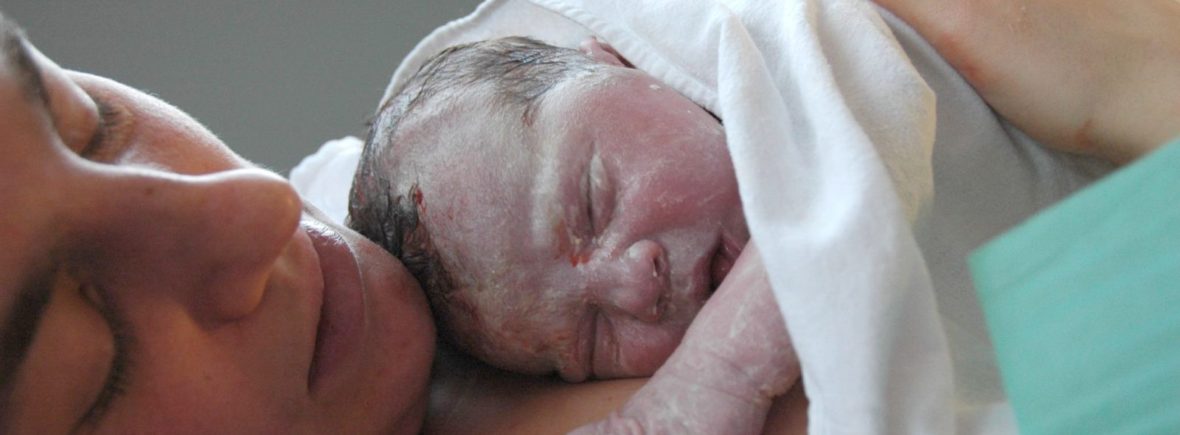Pediatrician, Clay Jones, M.D. on January 11, 2019
Newborn falls during the postpartum period are a serious potential adverse event and are almost always a result of maternal fatigue. There is reason to be concerned that well-meaning but overzealous promotion of breastfeeding may increase the risk.
“There are many potential factors that might increase the risk of a newborn fall, the most important being maternal fatigue. With rare exception, mothers in the postpartum period tend to experience fatigue, but there are additional variables that might play a role in just how tired a new mom is. For example, how rested was she prior to delivery? What time of day (or night) did she deliver? What complications occurred around delivery that may increase sleepiness, such as blood loss, prolonged or difficult labor, or a need for sedating pain medications? Are there maternal complications that require more frequent checks, and thus interruptions of sleep? And are there psychosocial factors that may interfere with mother’s ability to rest after delivery, such as anxiety, an abusive partner, or frequent visits from well-meaning family members?”
“One potential factor that I have worried about for many years is the emphasis on “rooming-in”. Mothers are increasingly encouraged to keep the baby in the hospital room as much as possible, rather than the hospital nursery. Many hospitals have gone so far as to restrict access to the nursery, or in some cases to do away with them entirely, and I worry that they aren’t taking maternal fatigue and increased risk of SUPC and newborn falls into account. In more and more facilities, these steps are being taken in an effort to be in compliance with the draconian criteria set forth by the Baby-Friendly Hospital Initiative (BFHI) to improve breastfeeding success, which is a laudable goal but a misguided approach.”
Read more at Science-Based Medicine.

